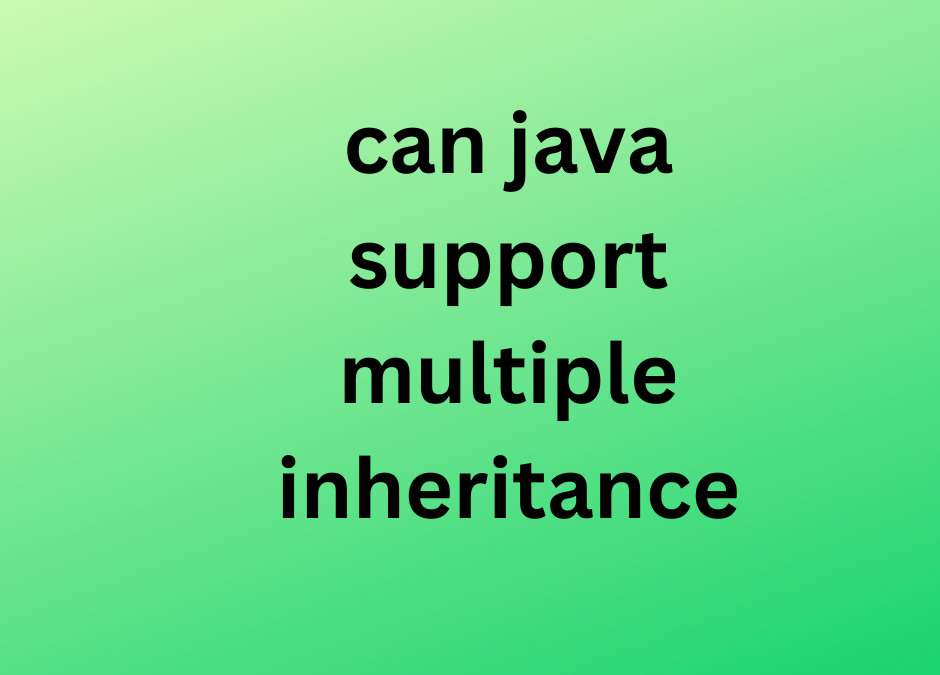can java run on any machine
Java is designed to be platform-independent, meaning that it can run on various types of machines and operating systems. Java achieves this through its “write once, run anywhere” principle. Java code is compiled into bytecode, which can then be executed by the Java Virtual Machine (JVM) on different platforms.
As long as a machine has a compatible Java Runtime Environment (JRE) or Java Development Kit (JDK) installed, it can run Java programs. The JRE or JDK provides the necessary components, including the JVM, to execute Java bytecode. The JVM acts as an interpreter, translating the bytecode into machine-specific instructions.
Java supports a wide range of platforms, including Windows, macOS, Linux, and various Unix systems. It can run on desktop computers, servers, embedded systems, mobile devices, and even on the web through Java applets or Java Web Start.
However, it’s important to note that the specific version of Java may vary across different platforms, and certain features or libraries may not be available on all platforms. Additionally, if a machine does not have a JRE or JDK installed, Java programs cannot run on it until the appropriate Java environment is set up.
best Java training institute in Coimbatore will help students to understand object-oriented programming in a better way. They will get an understanding of how to write a program using Java. The course also includes a session on how to debug programs written in Java.
can java support multiple inheritance
No, Java does not support multiple inheritance of classes. Multiple inheritance refers to the ability of a class to inherit from more than one superclass. However, Java supports multiple inheritance of interfaces.
In Java, a class can extend only one superclass, but it can implement multiple interfaces. This was a design decision made to avoid certain complexities and ambiguities that can arise with multiple inheritance of classes, such as the “diamond problem” where conflicts occur when two superclasses have a common method name.
To achieve similar functionality as multiple inheritance of classes, Java promotes the use of interfaces. Interfaces define a contract of methods that a class implementing the interface must fulfill. By implementing multiple interfaces, a class can inherit and provide the behavior defined in each interface.
By favoring interfaces over multiple inheritance of classes, Java maintains simplicity, reduces ambiguity, and promotes better code organization through interfaces.

